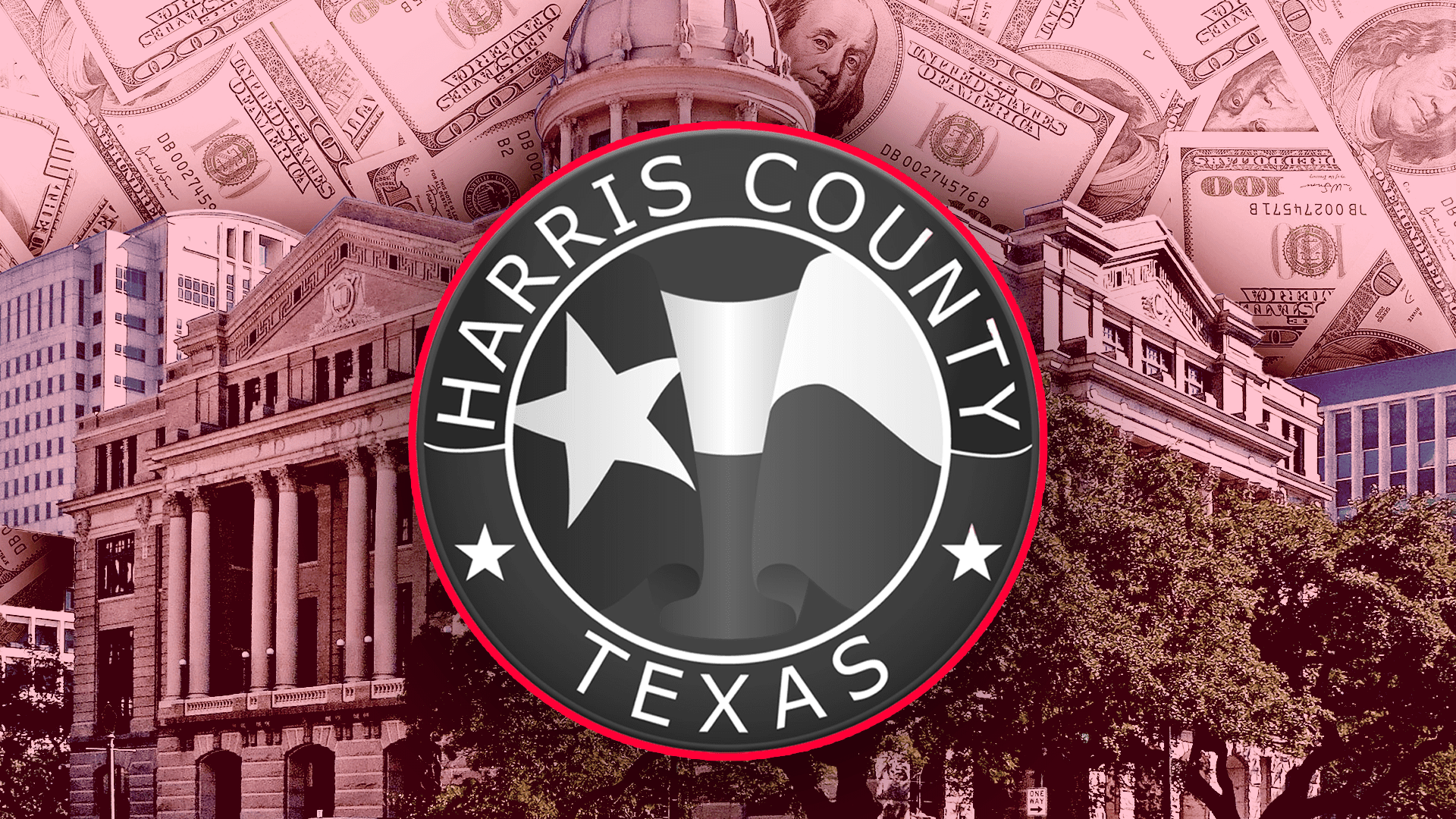In the first Budget and Fiscal Affairs meeting of the year for Houston’s new city council, Finance Director Melissa Dubowski told council members that the administration would possibly seek to lift both the city’s local property tax cap and the state-imposed property tax cap in one ballot measure this November.
“The state tax code makes a provision that you can go to the voters to exceed the state cap, so it could be that [for] the November item we can do a public safety add-on to exceed our local revenue cap, and the voters would approve us to exceed the state cap,” Dubowski said.
“We would of course have to follow all of the procedures and wording in the tax code,” she added.
Voters must ultimately decide whether or not to approve lifting the caps.
The committee meeting was meant to detail a proposed $1.5 billion firefighter back pay settlement and collective bargaining agreement that Mayor John Whitmire intends to take to the city council in the coming months.
However, before even approving the proposed agreement, the city faces a $160 million budget deficit for its Fiscal Year 2025 budget. If the proposed agreement is approved, it will add at least another $72 million annually for the next 5 years.
In addition to collecting more from taxpayers through property tax collections, the administration is considering assessing a trash collection fee of roughly $20 per month. The goal would be to generate the approximately $100 million that it currently costs to operate the solid waste department and free up those resources for other areas. They’re also considering adjusting or increasing city fees in an undetermined number of areas to see if they could capture more funding there. This includes charging a combined utility system right-of-way rental fee, which means charging the city-owned water utility a rental fee to place water pipes underneath city streets.
Most of the measures are meant to collect more revenue, but they did propose a few cost-saving measures like consolidating city calling centers, a 5 percent budget cut per city department—except the police and fire departments, and consolidating “corporate functions” like IT, HR, finance, procurement, and legal in places where each department is currently operating its own but can consolidate without impacting city services.
The administration is finalizing the proposals and will bring them to the council as the budget cycle nears.
July 1 is the start of the city’s fiscal year so any proposed adjustments, agreements, or plans to ask for more revenue would be built into the upcoming budget.




